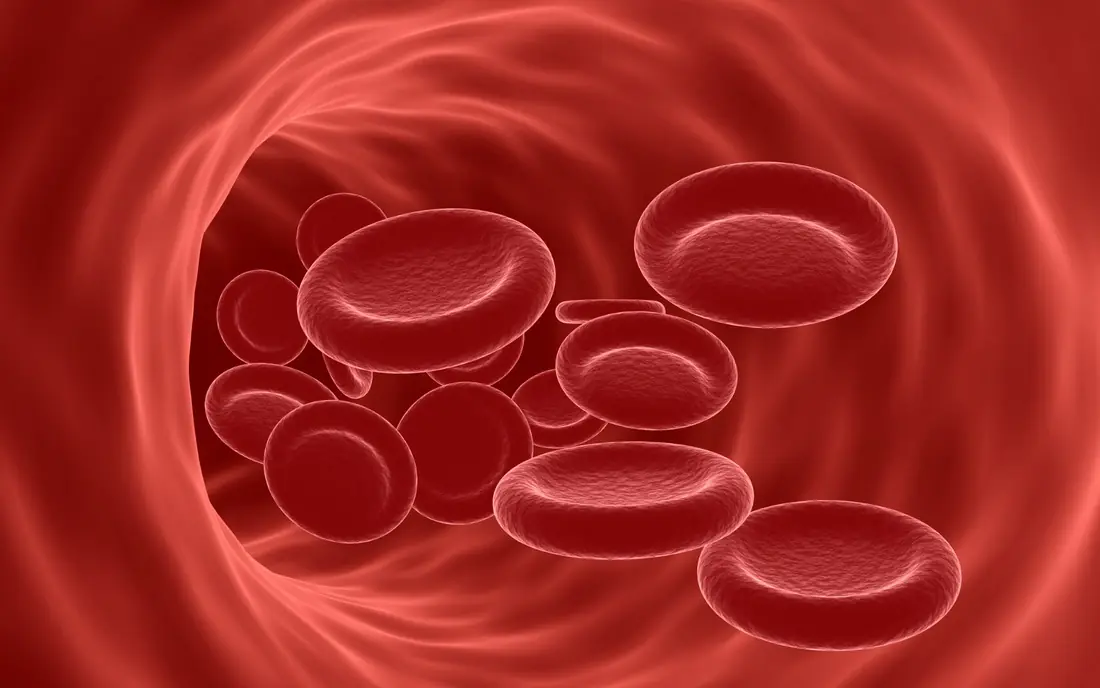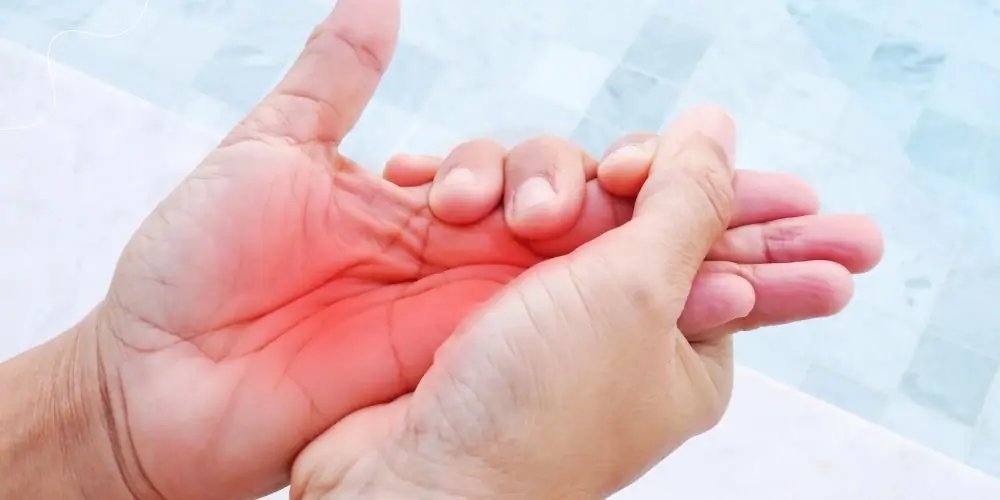
The Psychological Meaning of Leaving Dirty Dishes

The condition of your home often mirrors the condition of your mind. One of the most overlooked—but surprisingly insightful—indicators? The dishes in your sink.
While washing dishes may seem like a routine, almost mechanical task, it often reflects deeper patterns in our emotional wellbeing, mental state, and daily habits. So why do some people let dishes pile up, and what could it be telling us about their inner world?
The Psychology Behind Dirty Dishes
1. Stress, Burnout, and Exhaustion
For many, the dishes are left undone simply because they’re too depleted—physically, mentally, or emotionally. After a long day filled with work demands, caregiving responsibilities, or mental overload, even small chores like dishwashing can feel like monumental tasks. Fatigue makes it easy to justify “doing it later,” and that moment never quite comes.
2. Procrastination and Avoidance Behavior
Putting off dish duty often reflects a broader habit of procrastination or avoidance. Mundane tasks like cleaning up after meals may feel low on the priority list, especially when more stimulating or urgent matters demand our attention. Yet when small responsibilities are consistently postponed, they accumulate, creating visual and emotional clutter.
3. Signs of Mental Health Challenges
A perpetually full sink may also be a subtle indicator of more serious emotional struggles. People experiencing depression, anxiety, or chronic stress often find it difficult to manage everyday activities. Something as seemingly simple as washing a plate can feel disproportionately difficult when you're mentally drained or emotionally overwhelmed.
4. Lack of Routine and Structure
When daily life lacks structure, basic habits often fall apart. Without consistent routines—such as scheduled mealtimes or set cleaning times—it's easy for small tasks like doing the dishes to slip through the cracks. A chaotic kitchen may be a reflection of a chaotic schedule or lifestyle.
Why Ignoring Dirty Dishes Can Be More Harmful Than You Think
Letting dishes pile up might seem harmless in the moment, but over time, it can have tangible effects on your environment and your mindset. Here's why this habit might deserve a second look:
1. Physical Health Risks
Leftover food attracts pests like flies, ants, and cockroaches—and provides the perfect breeding ground for bacteria and mold. Unwashed dishes can contribute to unpleasant odors and even pose health hazards if neglected long enough.
2. Emotional and Sensory Overload
Cluttered sinks aren't just eyesores; they can be sources of ongoing mental stress. The visual chaos can weigh on your mind, leading to feelings of guilt, frustration, or unease—even if you’re not consciously focused on it. It’s like a background alarm that never quite turns off.
3. Developing Discipline and Self-Respect
Tending to your space is a form of self-respect. Cleaning up after yourself builds a sense of agency, structure, and discipline. It's a quiet, repetitive reminder that you’re capable of maintaining order and caring for your surroundings—and, by extension, yourself.
4. Maintaining Healthy Relationships
In shared living environments, dishes are often an unspoken battleground. Consistently shirking this task can breed resentment, tension, and arguments. Taking responsibility for your mess helps create a more respectful and harmonious shared space.
5. Small Habits Shape Bigger Outcomes
Regularly washing your dishes isn’t just about a clean kitchen. It can be the first step in cultivating positive habits, strengthening your routines, and regaining control when life feels messy. One small win at the sink can ripple into broader progress elsewhere.
More Than a Chore—It’s a Mirror
Washing dishes might seem like just another item on your to-do list. But it can represent something more meaningful: a reflection of your mindset, your sense of order, and even your emotional resilience.
It’s not about perfection. Letting the occasional plate soak overnight isn’t a cause for concern. But when dirty dishes become a consistent pattern, it might be time to pause and ask: What am I avoiding? What part of my life feels overwhelming?
Sometimes, the road to mental clarity and emotional balance begins with something as simple as rolling up your sleeves and tackling the sink. It’s not just about clean dishes—it’s about reclaiming control, one plate at a time.
News in the same category


Why Almonds Are So Good for You: Health Benefits Backed by Science

Use This Simple Method to Kill the Bacteria Causing Heartburn and Bloating Before It’s Too Late

Russian Doctor Claims You Can Recover Your Immune System in Just 30 Seconds

Doctors Warning: 7 Types of Pain You Should Never Ignore!

Iron Deficiency Symptoms You're Probably Missing and How to Correct Them

Here’s Why You Should Massage Your Feet Every Night Before Bed

Young Mother Shocked After Doctors Reveal Her ‘Heart Attack’ Was Actually Oil in Her Lungs from Vaping

Do You Wake Up With Numb or Tingling Hands? Here’s What Your Body Is Trying to Tell You

Passenger’s Severe In-Flight Diarrhea Forces Entire Flight to Be Canceled

Proven Brain Foods to Boost Brain Power, Focus and Memory

Think You’re Fine? These 10 Hidden Signs of Gluten Intolerance Will Surprise You

The Vitamin The Body Lacks When Legs And Bones Are Painful

Advanced HCC: Which First-line Treatment Is Best?

Weight-Loss Pill Matches Injections, but Experts Skeptical

Proven Brain Foods to Boost Brain Power, Focus, and Memory

10 Symptoms of Non-Celiac Gluten Sensitivity (NCGS) You Didn’t Know About (Evidence-Based)

The shocking truth about blocked arteries—it’s NOT just fatty foods!

This Ancient Detox Juice Fights Cancer And Helps Regenerate New Healthy Cells
News Post

Citizens fear Alaskan capital could be swallowed under water following major glacier outburst

The Science-Backed Benefits of Elderberry (Plus an Easy Syrup Recipe)

Scientists issue warning of 'The Big One' predicted to be one of the most extreme earthquakes in history

Why Almonds Are So Good for You: Health Benefits Backed by Science

Use This Simple Method to Kill the Bacteria Causing Heartburn and Bloating Before It’s Too Late

Russian Doctor Claims You Can Recover Your Immune System in Just 30 Seconds

Doctors Warning: 7 Types of Pain You Should Never Ignore!

Iron Deficiency Symptoms You're Probably Missing and How to Correct Them

Here’s Why You Should Massage Your Feet Every Night Before Bed

Young Mother Shocked After Doctors Reveal Her ‘Heart Attack’ Was Actually Oil in Her Lungs from Vaping

Do You Wake Up With Numb or Tingling Hands? Here’s What Your Body Is Trying to Tell You

Passenger’s Severe In-Flight Diarrhea Forces Entire Flight to Be Canceled

Proven Brain Foods to Boost Brain Power, Focus and Memory

Think You’re Fine? These 10 Hidden Signs of Gluten Intolerance Will Surprise You

The Vitamin The Body Lacks When Legs And Bones Are Painful

Advanced HCC: Which First-line Treatment Is Best?

Weight-Loss Pill Matches Injections, but Experts Skeptical

Proven Brain Foods to Boost Brain Power, Focus, and Memory
